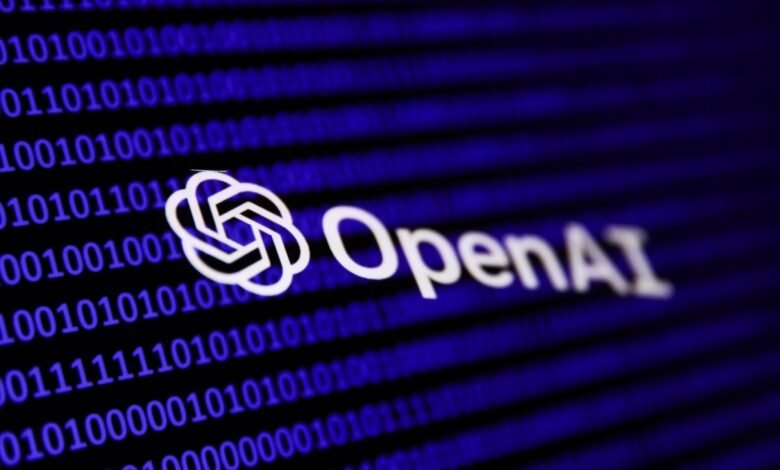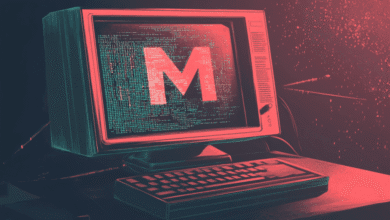OpenAI’s Codex AI Now Powers Coding in ChatGPT

▼ Summary
– OpenAI launched Codex, an advanced AI coding agent powered by codex-1, optimized for cleaner code and iterative testing.
– Codex operates in a cloud-based sandbox, integrates with GitHub, and handles tasks like bug fixes and codebase queries in 1-30 minutes.
– Initially available to ChatGPT Pro, Enterprise, and Team users, Codex will soon expand to ChatGPT Plus and Edu, with rate limits and paid credits planned.
– OpenAI aims for Codex to act as a “virtual teammate,” automating tasks that take humans hours or days, while ensuring safety via air-gapped operations.
– AI coding tools like Codex are gaining traction, with OpenAI reportedly acquiring Windsurf for $3B and updating Codex CLI with an o4-mini model.
OpenAI has unveiled Codex, its most advanced AI coding assistant to date, now integrated directly into ChatGPT for select users. This powerful tool leverages the company’s specialized codex-1 model, a refined version of their o3 AI system specifically tuned for software development. Unlike its predecessor, codex-1 generates more precise, cleaner code while rigorously testing its outputs until achieving successful results.
Operating within a secure cloud-based sandbox environment, Codex connects seamlessly with GitHub, allowing developers to work directly with their existing repositories. The AI handles diverse tasks—from writing simple functions and debugging to answering technical questions—typically completing them within minutes, though complex assignments may take up to half an hour. Notably, the system runs independently, freeing users to continue other computer tasks without interruption.
Currently available to ChatGPT Pro, Enterprise, and Team subscribers, Codex offers generous initial access before transitioning to a credit-based system. OpenAI confirms plans to extend availability to Plus and Edu tiers shortly. The tool appears in ChatGPT’s sidebar, where users input prompts via a dedicated “Code” button or pose questions using the “Ask” feature, with real-time progress tracking for all assigned tasks.
The launch positions OpenAI more competitively in the booming AI-assisted coding market, where rivals like Anthropic’s Claude Code and Google’s Gemini Code Assist have gained traction. Industry leaders estimate AI now contributes to nearly 30% of code production at major tech firms. OpenAI’s strategic moves—including rumored acquisitions and internal Codex adoption for documentation and feature scaffolding—signal serious commitment to this sector.
Safety remains a priority, with Codex inheriting safeguards from OpenAI’s o3 framework. The system actively blocks malicious software requests and operates in isolation without internet or API access, though this security measure may constrain certain legitimate functions. Like all generative AI, Codex isn’t infallible—studies reveal even top models struggle with consistent debugging—but these limitations haven’t slowed investor enthusiasm for the technology.
Simultaneously, OpenAI upgraded its open-source Codex CLI with the o4-mini model optimized for engineering tasks. Priced at $1.50 per million input tokens, this terminal-based tool now defaults to the enhanced model, also available through OpenAI’s API.
This expansion reflects OpenAI’s broader strategy to transform ChatGPT into a multifaceted platform. Recent additions like the Sora video tool, Deep Research agent, and Operator web browser complement Codex in creating a comprehensive subscription ecosystem. For developers, the new coding assistant promises significant time savings—OpenAI researchers envision these AI agents eventually tackling projects that currently require days of human effort.
(Source: TechCrunch)






